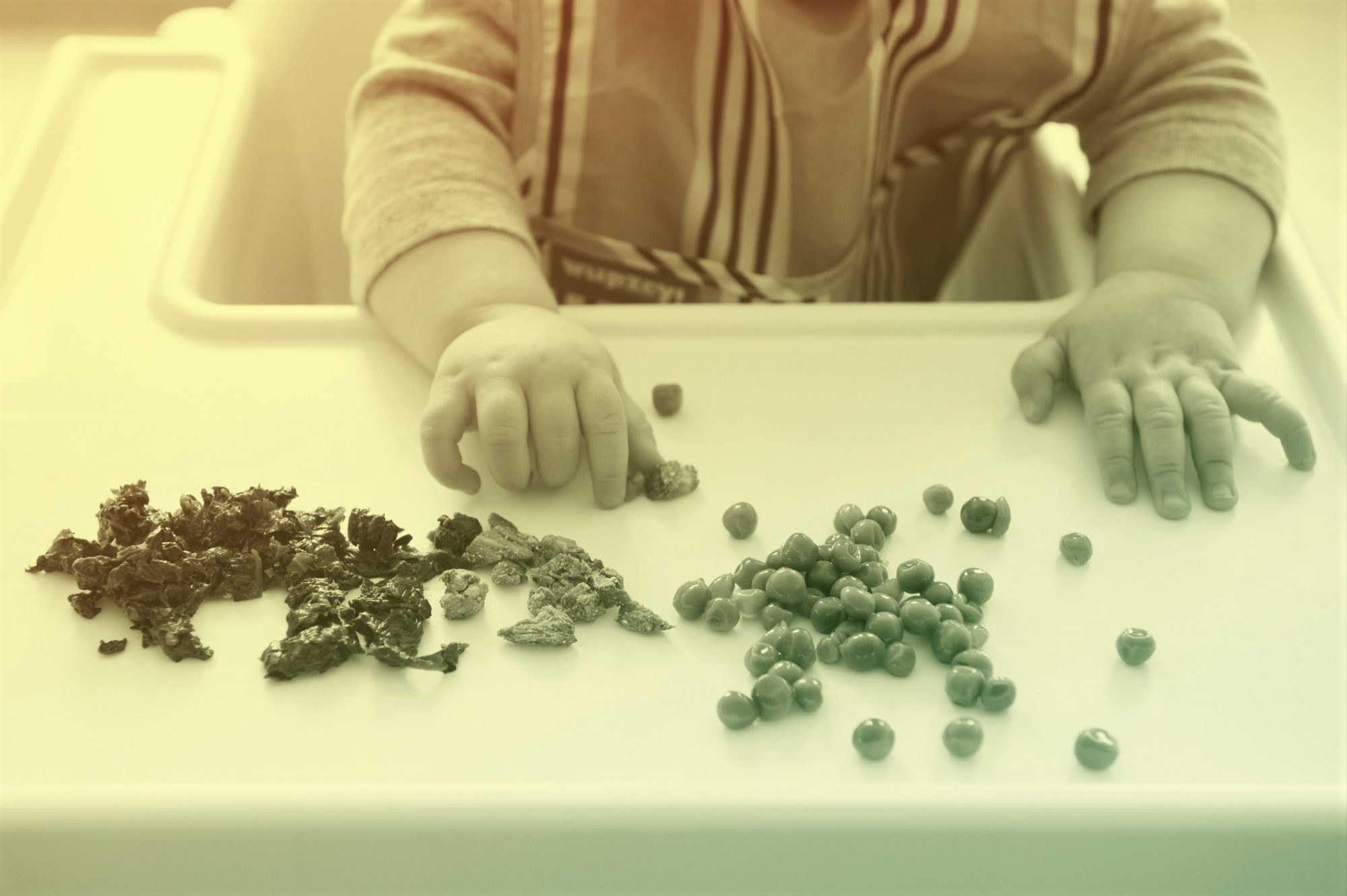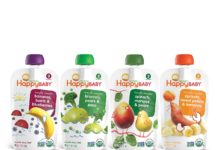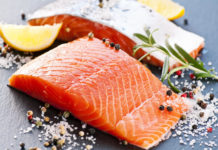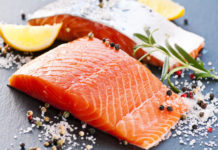
Starting solids is an exciting time, but any new parent knows it's not without stress. What to feed and when are no doubt the biggest questions swirling through your head when your baby has hit the six month milestone, and we know there's a flurry of information out there coming at you. Here's a breakdown of the most common foods new parents ask about when it comes to starting solids so you can feed your child feeling totally informed.
When can babies eat…
Peanut butter? 6 Months
Though peanut protein used to be discouraged until toddler or preschool years, we now know that feeding it to babies around 6 months may actually help reduce the risk of allergies (if you have a family history of food allergies or your baby has eczema, talk to your pediatrician before introducing it). But never give sticky globs of peanut butter to a baby—that's a choking risk. Instead, stir a bit of peanut butter or peanut butter powder into breastmilk, yogurt, purees, or baby cereal until smooth. Older babies can have strips of toast with thin smears of PB.
Eggs? 6 months*
Eggs are packed with good nutrition for babies, including protein and vitamins D, A, E, and K. Smash cooked egg yolk into purees for younger babies. You can also offer your baby pieces of scrambled eggs right away if you're doing baby-led weaning—just make sure you're offering up small pieces to avoid choking. And serve the whole egg, including the yolk, which contains fat your baby needs right now.
Yogurt? 6 Months
Yogurt contains cultures that break down the lactose and protein, making it easier to digest. So it's perfectly fine as a first food. Choose plain, unflavored, whole-milk yogurt. Babies need the fat for brain development (but don't need added sugars). Serve straight up or blend into veggie or fruit purees.
Spices and seasonings? 6 months
Babies who are exposed to a lot of different flavors may be more receptive to trying new foods when they're older. Feel free to add some flavor to first foods, like a shake of cinnamon on yogurt or some rosemary to a meat puree.
Meat? 6 Months
Meat used to be saved until later, but those recommendations have changed. The new advice: Serve it anytime after your baby starts eating solids. Be sure to cook and puree it well to start. Meat is a rich source of iron, a mineral babies need starting at six months.
Fish? 6 months*
Even though it's one of the Big 8 allergens, fish is safe to introduce to your baby in the first year. Cook it well (checking for any tiny bones!), then blend it into purees with breast milk or formula. Older babies can have pieces of well-cooked fish. Fish, especially salmon, contains healthy fats that are good for your baby's brain.
Avocado? 6 months
With their creamy texture and heart-healthy fats, avocados are an ideal first food. Mash very well and mix with breastmilk or formula to get a thin consistency at first. If you're doing baby-led weaning, offer your baby a long spear to hold. Older babies eating finger foods can self-feed dices of very ripe avocado.
Strawberries? 6 months
You can include them in first purees plain or swirled into yogurt or cereal. Then offer small pieces of berries as finger foods as your baby masters chewing as finger foods. Strawberries are rich in vitamin C and fiber.
Cheerios? 8-10 months
Most babies start eating finger foods around 8 to 10 months, about the same time they start practicing and mastering their "pincer grasp"—the ability to use the pointer finger and the thumb to pick something up. Be sure to buy plain cereal for babies, not flavored and sweetened.
Corn? Age 1
Though purees that include corn are fine in the first year, whole corn kernels (even cooked) are considered a choking hazard until age 1, so hold off on those.
Milk? Age 1*
Your baby can't digest straight-up milk until age one (though yogurt is OK from 6 months on). Unless your doctor tells you otherwise, choose full-fat milk, which contains fat necessary for brain development happening now.
Honey? After Age 1
Honey contains spores that can cause botulism in a new baby's still-developing digestive tract. So never give honey to a baby younger than 1 year.
*Important to note: If you have a family history of food allergies or your baby has eczema, talk to your pediatrician about introducing common food allergens.





